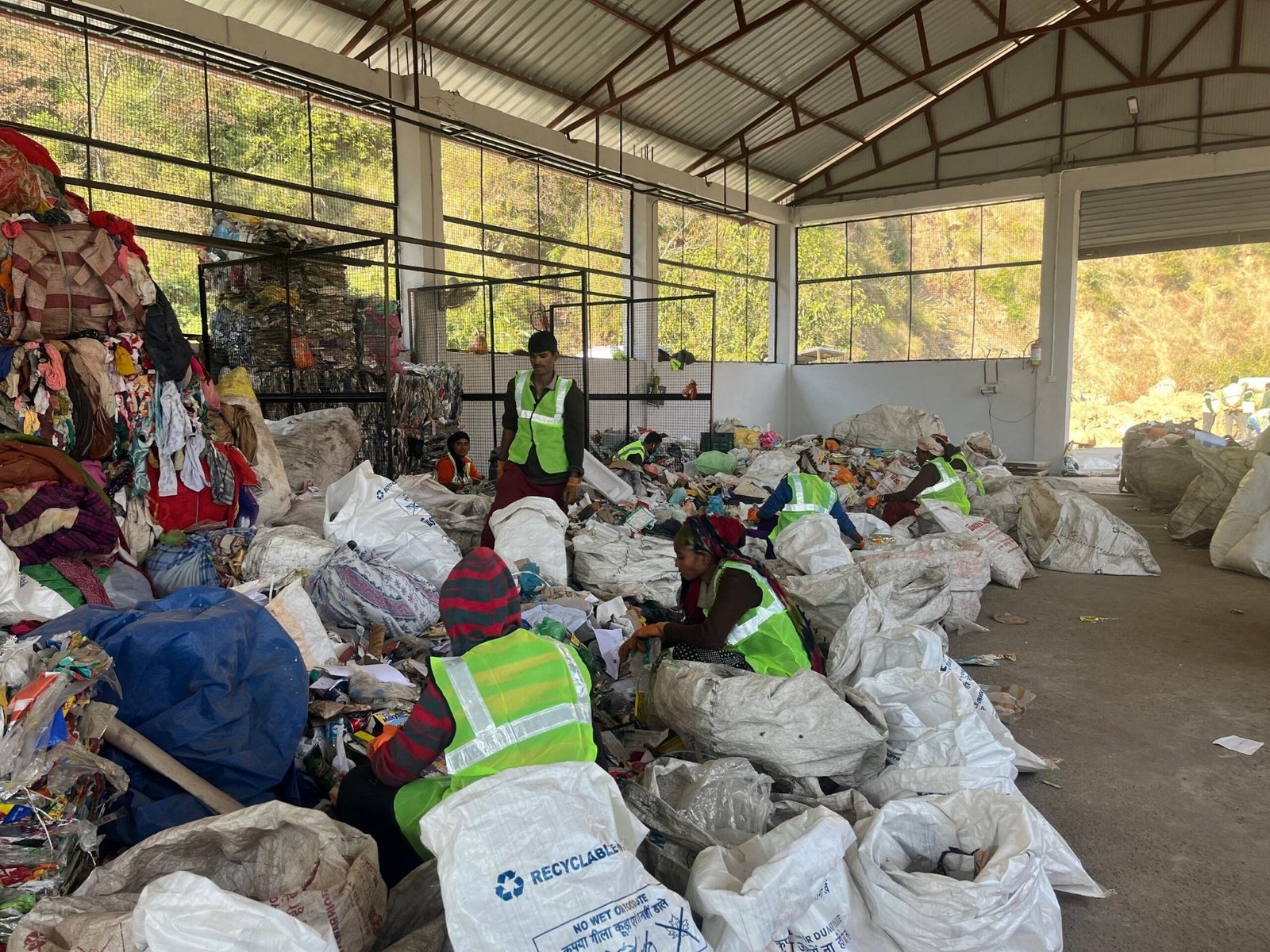Four-year-old boy was abducted for ransom, thrown alive into water tank
S Gopal Puri
Shimla:
The Himachal Pradesh High Court has overturned the d*eath sentence of three convicts in the infamous Yug m*urder case, replacing it with life imprisonment for two while one of them was acquitted. This decision has sparked fresh debate, particularly from the victim’s father, who has expressed dissatisfaction with the ruling.
Four-year-old Yug Gupta was abducted on June 14, 2014, from Ram Bazaar in Shimla. The kidnappers allegedly demanded a ransom of Rs 3.5 crore from his businessman father.
Two years later, skeletal remains were recovered from a water tank in Bharari, revealing that the child had been tortured, starved, forced to consume alcohol and ultimately thrown alive into the tank after being tied to a heavy stone.
In 2018, the Shimla District & Sessions Judge, Virender Singh, sentenced all three accused —Chander Sharma, Tejinder Pal and Vikrant Bakshi — to death, calling the crime “rarest of rare”.
The New Verdict: From Death to Life
On September 23, 2025, a division bench of the Justices Vivek Singh Thakur and Rakesh Kainthala commuted the d*eath sentence of two of the three convicts to life imprisonment. While the accused will remain in jail for the rest of their natural lives, this shift from capital punishment to life term has left many, including the victim’s family, dissatisfied.
Yug’s father Vinod Kumar Gupta had welcomed the 2018 conviction but has now stated that this new verdict does not meet his sense of justice. He believes the brutality of the crime warranted the death penalty. Though acknowledging life imprisonment, he has made it clear that in his view, the punishment should have matched the “rarest of the rare” severity asserted in the earlier trial court verdict.
The case has long been a flashpoint in Himachal Pradesh’s legal and moral discourse. It exposed failures in enforcement, gaps in child safety, and triggered widespread public protests. The High Court’s decision has revived debates over capital punishment in grievous crimes, particularly those involving children.






